Home>Garden Essentials>What To Use Coriander Seeds For
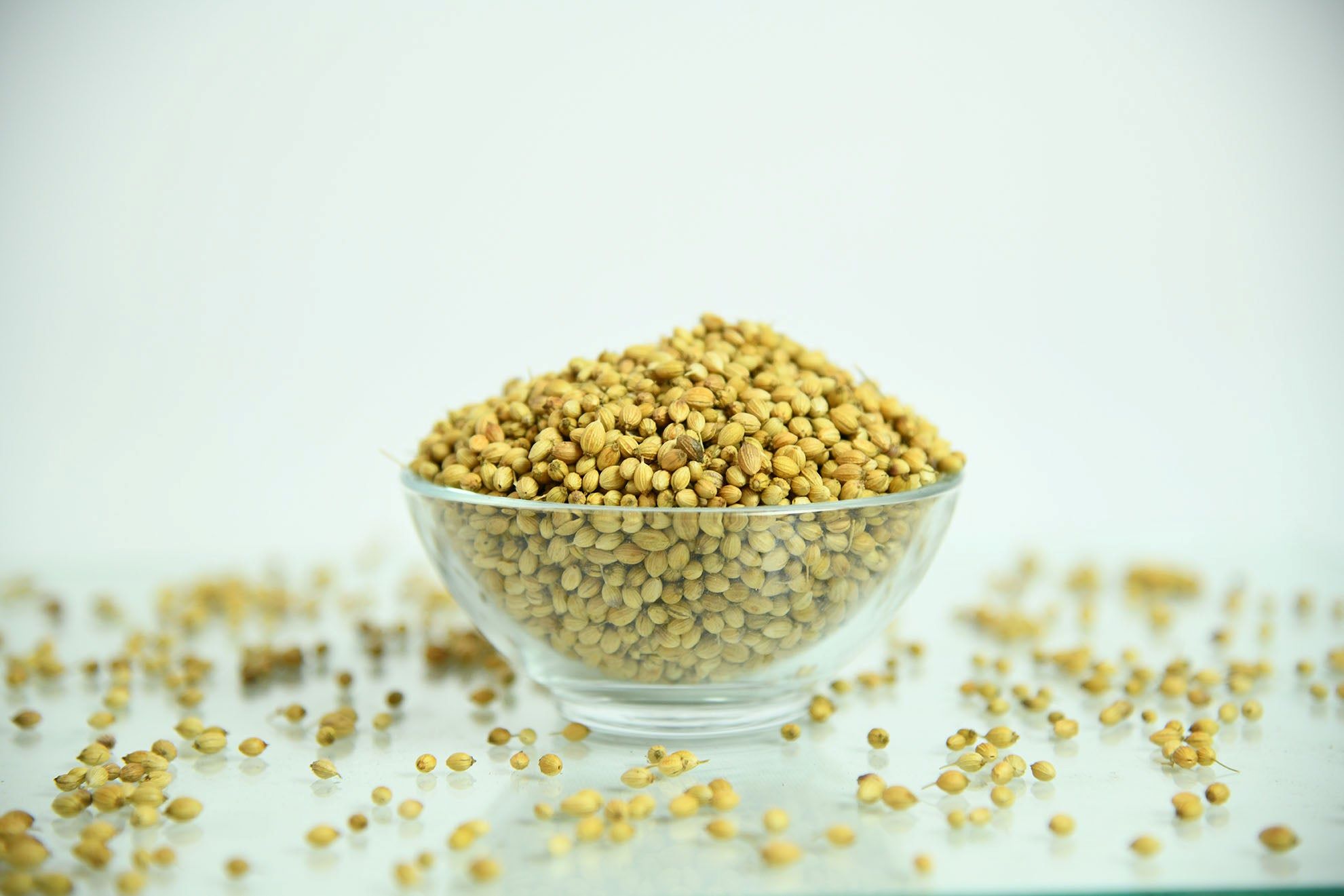

Garden Essentials
What To Use Coriander Seeds For
Modified: August 16, 2024
Discover the endless uses of coriander seeds in your garden! From culinary delights to natural remedies, learn how to make the most of this versatile herb.
(Many of the links in this article redirect to a specific reviewed product. Your purchase of these products through affiliate links helps to generate commission for Storables.com, at no extra cost. Learn more)
Introduction
Coriander seeds come from the coriander plant, also known as cilantro or Chinese parsley. These small, round seeds have been used for centuries in various cuisines around the world for their distinct flavor and aromatic properties. Besides their culinary uses, coriander seeds also offer several health benefits as they are packed with essential nutrients and bioactive compounds.
In this article, we will explore the versatile uses of coriander seeds in both cooking and medicinal applications. Whether you are a seasoned chef or a garden enthusiast, you will discover new ways to incorporate coriander seeds into your daily routine and enhance the flavors and nutritional value of your dishes.
Let’s dive into the culinary uses of coriander seeds!
Key Takeaways:
- Coriander seeds are versatile and flavorful, adding a unique touch to dishes. They offer potential health benefits, from aiding digestion to supporting skin health. Get creative in the kitchen and explore the world of coriander seed-infused cuisine!
- Incorporating coriander seeds into your diet can provide potential health benefits, such as supporting blood sugar regulation and promoting heart health. Remember to consult with a healthcare professional for personalized guidance.
Read more: How To Use Coriander Seeds
Culinary Uses of Coriander Seeds
Coriander seeds are widely utilized in various culinary traditions for their distinctive flavor and aroma. These seeds can be used whole or ground, adding a warm, citrusy, and slightly nutty flavor to dishes. Let’s explore some popular culinary uses of coriander seeds:
- Spice Blends and Seasonings: Coriander seeds are a common ingredient in spice blends like garam masala and curry powder. They add depth and complexity to these mixtures, enhancing the overall flavor of dishes.
- Marinades and Rubs: Crushed coriander seeds can be mixed with other spices, herbs, and oil to create flavorful marinades for meat, poultry, or vegetables. They also make an excellent dry rub for grilling and barbecuing.
- Pickling: Whole coriander seeds are often added to pickling brines to provide a tangy and aromatic kick to preserved fruits, vegetables, and condiments.
- Baking: Ground coriander seeds can be used in baking recipes to add a unique flavor to bread, cookies, cakes, and pastries.
- Infused Oils and Vinegars: Coriander seeds can be infused in oils and vinegars to create flavorful bases for dressings, marinades, and sauces.
- Chutneys and Sauces: Ground coriander seeds are a key component in many chutneys and sauces, such as cilantro chutney and Thai green curry paste. They provide a delightful balance of flavors.
- Herbal Tea: Coriander seeds can be brewed into a fragrant and soothing herbal tea. The tea is believed to aid digestion and provide a calming effect.
- Garnish and Topping: Toasted and crushed coriander seeds make a great finishing touch to dishes, adding texture and a sprinkle of flavor.
These are just a few examples of how coriander seeds can elevate the taste of your culinary creations. Feel free to experiment and get creative in the kitchen, as coriander seeds are incredibly versatile.
Spice Blends and Seasonings
Coriander seeds are a staple ingredient in numerous spice blends and seasonings used in cuisines all over the world. Their warm and citrusy flavor adds depth and complexity to dishes, making them a popular choice among chefs and home cooks alike.
In Indian cuisine, coriander seeds are a key component of garam masala, a fragrant spice blend that is used in many dishes. Garam masala typically consists of coriander seeds, cumin, cardamom, cloves, cinnamon, and black pepper. This blend offers a combination of earthy, spicy, and slightly sweet flavors, which can enhance curries, stews, and rice dishes.
Coriander seeds are also an essential ingredient in curry powders, which vary in flavors and heat levels depending on the region and recipe. These powders often include coriander seeds, cumin, turmeric, fenugreek, and various other spices. By adding coriander seeds, the curry powder gains a warm, slightly lemony note that complements the other spices in the blend.
Not only do coriander seeds contribute to traditional spice blends, but they can also be used as a standalone seasoning. Ground or crushed coriander seeds can be sprinkled on roasted vegetables, meat, or fish to add a delightful citrusy flavor. They can also be used to season soups, sauces, and dressings, infusing them with a fragrant and zesty taste.
In addition to their flavor-enhancing properties, coriander seeds offer several health benefits. They contain antioxidants, dietary fiber, and beneficial plant compounds that may help reduce inflammation, promote digestion, and regulate blood sugar levels. Incorporating coriander seeds into your spice blends can not only elevate the taste of your dishes but also contribute to your overall well-being.
Next time you’re in the kitchen, don’t forget to reach for those coriander seeds to create flavorful spice blends and seasonings. Whether you’re preparing a traditional Indian curry or experimenting with global flavors, coriander seeds will undoubtedly add a unique touch to your culinary creations.
Marinades and Rubs
Coriander seeds are a versatile ingredient when it comes to marinades and rubs, as they infuse dishes with a delightful blend of aromatic and citrusy flavors. Whether you’re preparing meat, poultry, or even vegetables, coriander seeds can take your marinades and rubs to the next level.
To create a flavorful marinade, start by crushing or grinding coriander seeds to release their essential oils and enhance their aroma. Combine the crushed coriander seeds with other spices, herbs, oils, and acidic ingredients like vinegar or citrus juice. This will help tenderize the meat and add a burst of flavor.
Coriander seeds pair exceptionally well with other warm spices such as cumin, paprika, and chili powder. The combination of these spices creates a complex and enticing flavor profile that enhances the taste of your marinaded meats. For an extra kick, you can add some crushed garlic, ginger, or a splash of soy sauce to the marinade.
Once you’ve mixed your marinade, simply coat your protein of choice and let it marinate in the refrigerator for a few hours or overnight. This allows the flavors to permeate the meat, resulting in a tender and flavorful dish. You can then proceed to grill, roast, or pan-fry the marinated meat to your desired level of doneness.
If you prefer using rubs instead of marinades, coriander seeds can be an excellent addition. Grind the coriander seeds along with other spices, herbs, salt, and sometimes sugar to create a flavorful dry rub. Gently massage the rub into the meat, making sure to cover all sides, before cooking. The rub will form a delicious crust on the meat and add a burst of flavor that will complement the natural juices of the meat.
Coriander seed rubs work well with a variety of meats, including beef, pork, chicken, and lamb. They can also be used for grilled vegetables and tofu, infusing them with a savory and aromatic taste. Experiment with different combinations of spices and herbs to create your own signature coriander seed rub.
Whether you choose to use coriander seeds in marinades or rubs, they will undoubtedly add a unique and delicious flavor to your dishes. So, the next time you’re preparing for a cookout or weeknight dinner, don’t forget to reach for those coriander seeds and elevate your culinary creations.
Pickling
Coriander seeds are a popular ingredient in pickling recipes due to their tangy and aromatic properties. When used in pickling, coriander seeds add a unique flavor profile that enhances the overall taste of preserved fruits, vegetables, and condiments.
When pickling, coriander seeds are typically used in their whole form. Their slightly citrusy and peppery taste pairs well with the acidity and brininess of the pickling liquid. The seeds add a zesty note to the final product, complementing the natural flavors of the ingredients being pickled.
To incorporate coriander seeds into your pickling recipe, start by making a brine solution. This can consist of vinegar, water, salt, and sugar. In a saucepan, heat the brine until the salt and sugar dissolve completely. At this point, you can add the coriander seeds along with other spices and herbs to the brine.
The amount of coriander seeds you use in pickling can vary depending on your taste preferences and the specific recipe. A general guideline is to use around 1 to 2 teaspoons of coriander seeds for every 2 cups of pickling liquid. However, feel free to adjust the quantity to suit your desired flavor intensity.
Once the brine is ready, pour it over the prepared fruits or vegetables in a sterilized jar, making sure they are completely submerged. The coriander seeds will infuse their flavors into the pickles as they sit in the brine, adding a delightful tanginess and aromatic touch.
Coriander seed pickles can be enjoyed in various ways. They make a great accompaniment to cheese and charcuterie boards, adding a burst of flavor and texture. They can also be used in sandwiches, wraps, or salads to provide a contrasting and tangy element. Additionally, coriander seed pickles can be chopped or minced and used as a topping or ingredient in sauces, dressings, and relishes.
By adding coriander seeds to your pickling repertoire, you can explore a whole new realm of flavors and textures. The tangy and aromatic nature of coriander seeds will elevate your pickling creations and leave your taste buds satisfied.
Read more: What Are Coriander Seeds
Baking
Coriander seeds are not only limited to savory dishes; they also lend a unique flavor profile to baked goods. Adding a hint of warmth, citrusy notes, and a touch of nuttiness, coriander seeds can elevate the taste of various baked treats.
Ground coriander seeds can be incorporated into a wide range of baked goods such as bread, cookies, cakes, and pastries. When used in moderation, coriander seeds add a subtle and intriguing flavor that enhances the overall taste of the finished product.
When incorporating coriander seeds into your baking, it’s best to grind them just before use to preserve their essential oils and maximize their flavor. Using a mortar and pestle or a spice grinder, grind the coriander seeds until you achieve a fine powder. You can then mix this powder with other dry ingredients like flour, sugar, and spices according to your recipe.
In bread baking, adding ground coriander seeds to the dough can result in a unique and delicious twist. The subtle citrusy and nutty flavors of coriander seeds beautifully complement the yeasty aroma of freshly baked bread. Whether you’re making a classic loaf, dinner rolls, or flatbreads, a sprinkle of ground coriander seeds can take your bread to the next level.
Coriander seeds also work well in sweet baked goods like cookies and cakes. They add complexity to the flavor profile without overwhelming the sweetness. For example, you can grind coriander seeds and incorporate them into shortbread cookies, gingerbread, or even chocolate-based desserts. The unexpected note of coriander adds a delightful surprise to your baked treats.
When experimenting with coriander seeds in baking, be mindful of the quantity. The flavor of coriander seeds can be strong and can overpower the other flavors in the recipe if used excessively. Start with a small amount and gradually increase according to your taste preferences.
So, the next time you reach for your baking tools, consider incorporating coriander seeds to give your creations a unique and delicious twist. From bread to cookies and everything in between, coriander seeds can add a touch of warmth and complexity to your baked goods.
Infused Oils and Vinegars
Infusing oils and vinegars with coriander seeds is a wonderful way to add a burst of flavor to your culinary creations. The process involves steeping the coriander seeds in oil or vinegar over time, allowing their aromatic and citrusy flavors to infuse into the liquid.
Coriander seed-infused oils and vinegars can be used in dressings, marinades, sauces, and dips, or simply drizzled over dishes as a finishing touch. The infused liquids add depth, complexity, and a hint of spiciness to your recipes.
To create coriander seed-infused oils, start by lightly toasting the coriander seeds in a dry pan. This process helps release their essential oils and intensifies their flavor. Once toasted, transfer the seeds into a bottle or jar, and pour your chosen oil (such as olive oil or grapeseed oil) over them. Make sure the seeds are fully submerged in the oil.
Seal the bottle or jar tightly and let the coriander seeds infuse the oil for at least a week. The longer the infusion time, the stronger the flavor will be. Once ready, you can strain out the coriander seeds to remove any solids and transfer the infused oil to a clean container. The resulting oil will have a distinct coriander flavor, perfect for adding a unique twist to your dishes.
Similarly, you can make coriander seed-infused vinegars by following a similar process. Toast the coriander seeds, place them in a bottle or jar, and fill the container with your chosen vinegar (such as white wine vinegar or apple cider vinegar). Let the seeds steep in the vinegar for a few weeks, shaking the bottle occasionally to ensure proper infusion.
The coriander seed-infused oils and vinegars can be used in various ways. They can be the base for homemade salad dressings, providing a delightful citrusy note. You can also use them as a marinade for meats, poultry, or vegetables, infusing the flavors directly into your ingredients.
When using infused oils and vinegars, keep in mind that they have a strong flavor, so a little goes a long way. Start with small amounts and adjust according to your taste preferences. Also, remember to store the infused oils and vinegars in a cool, dark place to maintain their freshness and flavor.
By infusing oils and vinegars with coriander seeds, you can create your own unique flavor profiles and elevate your culinary creations with ease.
Chutneys and Sauces
Coriander seeds are a quintessential ingredient in many chutneys and sauces, providing a delightful balance of flavors. Whether you’re looking to add a tangy, spicy, or aromatic element to your dishes, incorporating coriander seeds into your chutneys and sauces can elevate the taste to a whole new level.
Chutneys are condiments that are commonly found in Indian cuisine. They can be made using a variety of ingredients, including fruits, vegetables, herbs, and spices. Coriander seeds, along with other spices like cumin, ginger, and chili, play a vital role in adding depth and complexity to these chutneys.
A classic example is cilantro chutney, where coriander seeds are blended with fresh cilantro, garlic, green chilies, and lime juice. The coriander seeds provide a warm, slightly citrusy note that complements the vibrant flavors of the other ingredients. Cilantro chutney is commonly used as a dipping sauce for snacks, a spread for sandwiches, or a condiment for curries and rice dishes.
When it comes to sauces, coriander seeds can be used in various ways to enhance both savory and sweet creations. In Thai cuisine, coriander seed-infused sauces, such as Thai green curry paste, are popular. These sauces often consist of coriander seeds, green chili peppers, garlic, lemongrass, and other spices, creating a flavorful base for curries and stir-fries.
Coriander seeds can also be used to add a touch of flavor to barbecue sauces and marinades. Crushed coriander seeds, combined with other spices and condiments like tomato paste, vinegar, and brown sugar, result in a tangy and aromatic sauce that pairs perfectly with grilled meats and vegetables.
For those with a sweet tooth, coriander seeds can be incorporated into fruit-based sauces for desserts. By simmering the seeds with fruits like berries or stone fruits, along with sugar and a bit of acid (such as lemon or orange juice), you can create a unique and flavorful sauce to drizzle over ice cream, pancakes, or cakes.
Whether you’re exploring the world of chutneys or experimenting with delicious sauces, don’t forget to include coriander seeds in your recipes. They will add complexity, aroma, and a touch of zesty goodness that will take your dishes to new heights of flavor.
Herbal Tea
Coriander seeds can be used to create a fragrant and soothing herbal tea that offers both flavor and potential health benefits. The tea, made from the seeds of the coriander plant, is known for its calming properties and digestive benefits.
To make coriander seed tea, start by lightly crushing the seeds to release their aromatic oils. This can be done using a mortar and pestle or by gently grinding them in a spice grinder. Place the crushed seeds in a teapot or a heat-resistant vessel.
Next, heat water to the desired temperature. Ideally, the water should be brought to a gentle boil and then allowed to cool slightly before pouring it over the crushed coriander seeds. Allow the tea to steep for about 5 to 10 minutes, or until it reaches your preferred strength.
Coriander seed tea has a pleasant and refreshing taste, with a subtle citrusy and slightly earthy flavor profile. If desired, you can enhance the flavor by adding a slice of fresh ginger, a squeeze of lemon, or a drizzle of honey.
Coriander seed tea is often consumed for its potential digestive benefits. It is believed to aid in digestion, reduce bloating, and alleviate stomach discomfort. The tea has carminative properties, which means it may help calm the digestive system and relieve gas and indigestion.
In addition to its digestive benefits, coriander seeds are rich in antioxidants, which can help protect the body from damage caused by free radicals. This can contribute to overall health and well-being.
Sipping on a warm cup of coriander seed tea can be a calming and soothing experience. It can be enjoyed at any time of the day, whether as a morning pick-me-up or an evening wind-down beverage. Its comforting aroma and potential health benefits make it a go-to choice for herbal tea enthusiasts.
Remember to consult with a healthcare professional before incorporating coriander seed tea or any herbal tea into your routine, especially if you have any medical conditions or are taking medications.
So, the next time you crave a soothing and refreshing herbal tea, consider brewing a cup of coriander seed tea. Embrace its comforting and unique flavors while potentially reaping the digestive and antioxidant benefits it may offer.
Read more: What Is A Coriander Seed
Garnish and Topping
Coriander seeds can serve as a delightful garnish and topping, adding both visual appeal and a burst of flavor to your dishes. With their unique taste and texture, coriander seeds can elevate the presentation and enhance the overall experience of your meals.
Whole coriander seeds can be used as a garnish to add a touch of texture and flavor to a variety of dishes. Sprinkle a few coriander seeds over salads, soups, stews, or roasted vegetables for an extra crunch and a pop of citrusy taste. They can also be used to enhance the appearance of dishes like hummus, dips, or even desserts.
For a more pronounced flavor, you can toast the coriander seeds before using them as a garnish. Dry-toast the seeds in a pan over medium heat until they become fragrant and slightly golden. This toasting process will intensify their aroma and enhance their nutty undertones.
In addition to whole coriander seeds, you can also use crushed or ground coriander seeds as a topping. Finely grind the seeds using a mortar and pestle or a spice grinder, and sprinkle the ground coriander over dishes like roasted meats, fish, or vegetables. The ground seeds will distribute their flavor more evenly, ensuring that every bite is infused with their citrusy and slightly peppery taste.
Coriander seeds also make an excellent addition to spice blends used as toppings, such as dukkah. Dukkah is a Middle Eastern blend of toasted nuts, seeds, and spices that is typically sprinkled over bread, salads, or roasted vegetables. The addition of ground coriander seeds to dukkah adds a unique depth and complexity to the overall flavor profile.
When using coriander seeds as a garnish or topping, it’s important to strike a balance between their flavor and the other components of the dish. Their taste can be strong and overpowering if used excessively, so it’s best to start with a small amount and adjust according to your taste preferences.
By incorporating coriander seeds as a garnish or topping, you can not only enhance the visual appeal of your dishes but also tantalize your taste buds with their delightful flavor and unique texture.
Use coriander seeds to add a warm, citrusy flavor to your dishes. Toast them before grinding for a more intense flavor, or use them whole in pickling or brining liquids.
Medicinal Uses of Coriander Seeds
Beyond their culinary uses, coriander seeds have been valued for their medicinal properties for centuries. Packed with essential nutrients and bioactive compounds, coriander seeds offer a range of health benefits. Let’s explore some of the medicinal uses of coriander seeds:
- Digestive Aid: Coriander seeds have long been used to alleviate digestive issues. They contain compounds that can help promote healthy digestion, relieve bloating, and reduce symptoms of indigestion and heartburn.
- Anti-inflammatory Properties: Coriander seeds possess anti-inflammatory properties, thanks to their high antioxidant content. These antioxidants help combat inflammation in the body and may help reduce symptoms of inflammatory conditions like arthritis.
- Blood Sugar Regulation: Studies suggest that coriander seeds may have a positive effect on blood sugar levels. They can help regulate glucose metabolism and enhance insulin secretion, making them potentially beneficial for individuals with diabetes or prediabetes.
- Cholesterol Management: Coriander seeds have been shown to have cholesterol-lowering effects. They can help reduce levels of LDL (bad) cholesterol and triglycerides while increasing HDL (good) cholesterol, promoting heart health.
- Antioxidant Effects: Coriander seeds are rich in antioxidants, which help protect the body against damage caused by harmful free radicals. These antioxidants play a vital role in supporting overall health and may help reduce the risk of chronic diseases.
- Diuretic Properties: Due to their diuretic effects, coriander seeds may help promote healthy kidney function and facilitate the elimination of toxins from the body. This can aid in maintaining proper hydration and supporting overall detoxification.
- Skin Health Benefits: The antimicrobial and antioxidant properties of coriander seeds make them beneficial for skin health. They can help reduce inflammation, fight acne-causing bacteria, and promote a healthy complexion when used both internally and externally.
It is important to note that while coriander seeds offer potential health benefits, they should not replace medical treatment or advice. If you have any underlying health conditions or concerns, it is best to consult with a healthcare professional before incorporating coriander seeds into your wellness routine.
Incorporating coriander seeds into your diet is a wonderful way to harness their medicinal properties. Whether you use them as a spice in your cooking, brew them into teas, or consume them in supplement form, these tiny seeds can play a supportive role in maintaining your overall health and well-being.
Digestive Aid
Coriander seeds have been used for centuries as a natural remedy for various digestive issues. Packed with compounds that promote healthy digestion, these seeds can be a valuable addition to your wellness routine.
One of the key benefits of coriander seeds for digestion is their carminative properties. Carminatives help relieve gas and alleviate bloating by promoting the release of digestive enzymes and reducing muscle contractions in the gastrointestinal tract. Consuming coriander seeds or coriander seed tea can help ease digestive discomfort and improve overall digestion.
In addition to their carminative properties, coriander seeds also possess anti-inflammatory effects that can benefit the digestive system. Inflammation in the gut can cause discomfort and disrupt the digestive process. The anti-inflammatory compounds in coriander seeds work to reduce inflammation, soothing the digestive tract and promoting better digestive function.
Coriander seeds may also support proper bowel movements and relieve constipation. They contain dietary fiber, which adds bulk to the stool and aids in regular bowel movements. By including coriander seeds in your diet, you can prevent constipation and maintain a healthy digestive system.
The essential oils present in coriander seeds contribute to their digestive benefits as well. These oils have antimicrobial properties that can help fight against harmful bacteria in the digestive tract, promoting a healthy balance of gut flora. By maintaining a healthy gut microbiota, coriander seeds can support optimal digestion and nutrient absorption.
To harness the digestive benefits of coriander seeds, consider incorporating them into your diet. You can grind the seeds into a powder and use them as a spice in your cooking. Sprinkle ground coriander seeds onto curries, stews, or roasted vegetables to enhance both the flavor and digestive properties of your meals.
Alternatively, you can prepare coriander seed tea by steeping crushed coriander seeds in hot water for about 10 minutes. Strain the seeds and enjoy the tea after meals to aid in digestion and alleviate any digestive discomfort.
While coriander seeds are generally safe to consume, it’s always a good idea to start with small amounts if you’re unfamiliar with their effects on your digestive system. If you have any underlying digestive conditions, it’s advisable to consult with a healthcare professional before making any significant dietary changes.
Incorporating coriander seeds into your diet can provide natural support for maintaining a healthy digestive system. From relieving gas and bloating to promoting regular bowel movements, these tiny seeds have the potential to make a big difference in your overall digestive health.
Anti-inflammatory Properties
Coriander seeds possess impressive anti-inflammatory properties that can help alleviate inflammation throughout the body. Chronic inflammation is linked to a variety of health issues, including cardiovascular diseases, arthritis, and certain cancers. By incorporating coriander seeds into your diet, you can harness their natural anti-inflammatory benefits.
The anti-inflammatory effects of coriander seeds can be attributed to their rich content of antioxidants, including flavonoids and phenolic compounds. These antioxidants help neutralize harmful free radicals and reduce oxidative stress, which is a major contributor to inflammation in the body.
Research has shown that coriander seeds contain specific compounds, such as linoleic acid, cineole, and alpha-pinene, which exhibit potent anti-inflammatory properties. These compounds help modulate the body’s inflammatory response by inhibiting the activity of pro-inflammatory enzymes and cytokines.
The anti-inflammatory effects of coriander seeds may benefit individuals with inflammatory conditions such as arthritis. Studies have shown that coriander seeds have the ability to decrease the production of inflammatory markers and relieve symptoms of joint pain and stiffness. Incorporating coriander seeds into your daily routine may complement other treatment approaches and improve overall joint health.
In addition to joint health, coriander seeds’ anti-inflammatory properties can have positive effects on cardiovascular health. Chronic inflammation is a risk factor for heart disease, and the antioxidants in coriander seeds help combat inflammation and reduce the risk of cardiovascular complications. They may help lower blood pressure, reduce oxidative stress, and improve overall heart health.
Furthermore, the anti-inflammatory benefits of coriander seeds extend to the digestive system. Inflammation in the gut can lead to conditions like inflammatory bowel disease (IBD) and irritable bowel syndrome (IBS). The anti-inflammatory compounds in coriander seeds help soothe the gut lining, reduce inflammation, and alleviate symptoms associated with these conditions.
To incorporate coriander seeds’ anti-inflammatory properties into your diet, you can use them as a spice in your cooking. Ground coriander seeds can be added to soups, curries, stir-fries, and other dishes to enhance flavor while providing an anti-inflammatory boost. You can also try making a coriander seed-infused oil to drizzle over salads or roasted vegetables.
While coriander seeds offer anti-inflammatory benefits, it’s important to remember that they are not a cure-all. It’s always recommended to consult with a healthcare professional for a comprehensive approach to managing inflammation and any underlying health conditions.
By incorporating coriander seeds into your diet, you can tap into their potent anti-inflammatory properties and support a healthier, inflammation-free life.
Read more: How Long Does Coriander Take To Germinate
Blood Sugar Regulation
Coriander seeds have shown potential in aiding blood sugar regulation, making them beneficial for individuals with diabetes or those looking to maintain healthy blood sugar levels. The seeds contain compounds that may help improve insulin sensitivity and glucose metabolism.
One of the key components of coriander seeds that contribute to their blood sugar-regulating properties is dietary fiber. Fiber plays a crucial role in slowing down the absorption of carbohydrates, preventing rapid spikes in blood sugar levels after meals. This can help improve glycemic control and promote overall blood sugar balance.
The presence of bioactive compounds, such as polyphenols and flavonoids, in coriander seeds also contributes to their blood sugar-regulating effects. These compounds have been found to enhance insulin secretion and increase insulin sensitivity in the body. Improved insulin function facilitates the uptake of glucose from the bloodstream into the cells, helping to maintain stable blood sugar levels.
Additionally, coriander seeds may help inhibit certain enzymes that break down complex carbohydrates into simple sugars. By slowing down carbohydrate digestion, the release of glucose into the bloodstream can be more controlled, preventing sharp spikes in blood sugar levels.
Studies have shown promising results regarding the blood sugar-regulating effects of coriander seeds. Research conducted on diabetic animal models demonstrated a reduction in blood sugar levels and improved insulin function upon supplementation with coriander seed extract.
It’s important to note that while coriander seeds may contribute to blood sugar regulation, they should not replace regular diabetes management strategies or medical advice. If you are managing diabetes or have any concerns about your blood sugar levels, it’s essential to consult with a healthcare professional for personalized guidance.
Incorporating coriander seeds into your diet can be done in various ways. You can use them as a spice in your cooking by grinding the seeds and adding them to soups, stews, curries, or roasted vegetables. Coriander seed tea can also be enjoyed after meals for its potential blood sugar-regulating benefits.
As with any dietary change, it’s important to be mindful of portion sizes and overall macronutrient balance. Balanced meals that incorporate a variety of whole foods, including coriander seeds, along with regular exercise, are crucial for maintaining stable blood sugar levels.
By including coriander seeds in your diet, you can tap into their potential to support blood sugar regulation and overall metabolic health. However, always remember to work in conjunction with a healthcare professional to ensure that you’re following an appropriate and comprehensive approach to managing your blood sugar levels.
Cholesterol Management
Coriander seeds have been associated with potential cholesterol-lowering effects, making them beneficial for managing cholesterol levels and promoting heart health. The seeds contain compounds that may help reduce levels of LDL (bad) cholesterol and triglycerides while increasing HDL (good) cholesterol.
One of the key components of coriander seeds that contribute to their cholesterol management properties is their high dietary fiber content. Fiber has been recognized for its ability to bind with cholesterol in the digestive system, preventing its absorption into the bloodstream. By reducing the absorption of dietary cholesterol, coriander seeds can help lower LDL cholesterol levels.
Furthermore, coriander seeds contain plant sterols, which are structurally similar to cholesterol. These plant sterols can competitively inhibit the absorption of cholesterol in the gut, further contributing to the reduction of LDL cholesterol levels.
In addition to their impact on LDL cholesterol, coriander seeds have demonstrated the potential to increase HDL cholesterol levels. HDL cholesterol is often referred to as “good cholesterol” because it helps remove excess cholesterol from the bloodstream, preventing plaque buildup in the arteries. By increasing HDL cholesterol levels, coriander seeds can help promote a healthier cholesterol profile.
Research has shown encouraging results regarding the cholesterol-lowering effects of coriander seeds. Animal studies have reported reductions in total cholesterol, LDL cholesterol, and triglyceride levels upon supplementation with coriander seed extract.
While coriander seeds may offer benefits in cholesterol management, it’s important to remember that dietary changes alone may not be sufficient to address high cholesterol levels. Lifestyle modifications, including a balanced diet rich in whole foods, regular exercise, and managing other risk factors, are essential for comprehensive cholesterol management.
To incorporate coriander seeds into your diet for cholesterol management, you can use them as a spice in your cooking. Ground coriander seeds can be added to various dishes, such as curries, soups, stir-fries, or roasted vegetables. You can also experiment with using coriander seed-infused oils to enhance the flavor of your meals.
As always, it’s important to work with a healthcare professional to monitor your cholesterol levels, develop a personalized plan, and determine the most appropriate approach to managing your cholesterol. They can provide guidance tailored to your specific health needs and help ensure that you’re on the right track towards a healthy cholesterol profile.
By incorporating coriander seeds into your diet along with other heart-healthy lifestyle choices, you can support cholesterol management and promote a healthier cardiovascular system.
Antioxidant Effects
Coriander seeds are rich in antioxidants, making them a valuable addition to your diet for their potential health benefits. Antioxidants are compounds that help protect the body against damage caused by harmful free radicals.
Free radicals are unstable molecules that can cause oxidative stress in the body, leading to cellular damage and an increased risk of chronic diseases, such as heart disease, cancer, and neurodegenerative disorders. Antioxidants neutralize free radicals, preventing them from causing harm and reducing the risk of oxidative damage.
Coriander seeds contain various antioxidants, including phenolic compounds and flavonoids. These antioxidants help scavenge and neutralize free radicals, protecting cells and tissues from oxidative stress. The high antioxidant content of coriander seeds contributes to their potential health benefits.
Research suggests that the antioxidants in coriander seeds may help reduce inflammation, strengthen the immune system, and enhance overall health and well-being. By combating oxidative stress, coriander seeds can support cellular health and protect against the development of chronic diseases.
Furthermore, the antioxidants in coriander seeds have been linked to potential anti-aging effects. Oxidative stress plays a significant role in the aging process, and by reducing oxidative damage, coriander seeds may help support healthy aging and maintain youthfulness.
It’s important to note that while coriander seeds are rich in antioxidants, a balanced diet that includes a variety of fruits, vegetables, whole grains, and other antioxidant-rich foods is crucial for optimal health and the maximum benefits of antioxidants.
To incorporate coriander seeds into your diet for their antioxidant effects, you can use them as a spice in your cooking. Ground coriander seeds can be added to a wide range of dishes, such as curries, stews, roasted vegetables, or even baked goods. This allows you to enjoy their flavor while reaping the benefits of their antioxidants.
Including antioxidant-rich foods like coriander seeds in your daily routine, along with other healthy lifestyle habits like regular exercise and adequate sleep, can help support your body’s defense against oxidative stress and promote overall well-being.
While antioxidants play a crucial role in maintaining good health, it’s important to remember that they are not a cure-all. If you have any health concerns or existing medical conditions, it’s always best to consult with a healthcare professional for personalized guidance and advice.
By incorporating coriander seeds into your diet, you can boost your antioxidant intake and contribute to a healthier, more resilient body.
Diuretic Properties
Coriander seeds have diuretic properties, meaning they can increase urine production and promote the elimination of excess fluids and toxins from the body. This diuretic effect can be beneficial for various reasons, including maintaining proper hydration, supporting kidney function, and assisting in detoxification.
Diuretics help increase urine output by stimulating the kidneys to filter and excrete more water and electrolytes. This process can be helpful in relieving fluid retention, bloating, and swelling caused by conditions like edema or premenstrual syndrome (PMS).
Coriander seeds contain compounds such as linalool and geraniol, which are believed to have diuretic properties. Consuming coriander seeds or coriander seed tea can help prompt increased urine production and facilitate the removal of waste products from the body.
By promoting diuresis, coriander seeds can assist in maintaining proper hydration levels. Adequate hydration is essential for overall health, as it supports various bodily functions, including digestion, circulation, and temperature regulation. Drinking coriander seed tea can be a refreshing way to stay hydrated while benefiting from its diuretic properties.
The diuretic properties of coriander seeds may also help support kidney function. Regular urine production helps remove waste products and toxins from the body, reducing the burden on the kidneys. By promoting diuresis, coriander seeds can contribute to the overall health and functioning of the kidneys.
Furthermore, the diuretic effect of coriander seeds can aid in detoxification. Increased urine production helps flush out toxins and waste materials from the body, assisting in the removal of harmful substances that can accumulate and potentially cause health problems.
It’s important to note that while coriander seeds have diuretic properties, excessive or prolonged use of diuretics can lead to electrolyte imbalances. It’s recommended to use coriander seeds in moderation and in conjunction with a well-rounded, balanced diet to ensure proper nutrient intake.
To incorporate coriander seeds’ diuretic properties into your routine, you can prepare coriander seed tea by steeping crushed seeds in hot water for about 10 minutes. Strain the seeds and enjoy the tea as a hydrating and diuretic beverage.
As with any dietary change or health concern, it’s important to consult with a healthcare professional, especially if you have any pre-existing medical conditions or are taking medications that may be affected by diuretic use.
By incorporating coriander seeds into your diet in a balanced and mindful manner, you can benefit from their diuretic properties and support healthy fluid balance, kidney function, and detoxification in your body.
Read more: Where Do Coriander Seeds Come From
Skin Health Benefits
Coriander seeds offer various skin health benefits, thanks to their unique combination of antioxidants, vitamins, and minerals. Incorporating coriander seeds into your skincare routine, whether topically or orally, can help promote healthy and radiant skin.
The antioxidants present in coriander seeds, such as flavonoids, phenolic compounds, and vitamin C, help protect the skin cells from damage caused by free radicals. Free radicals contribute to premature aging and can lead to the development of fine lines, wrinkles, and dull-looking skin. The antioxidants in coriander seeds neutralize free radicals, reducing their harmful effects on the skin and promoting a youthful complexion.
Coriander seeds also possess antimicrobial properties, making them beneficial for maintaining clear and healthy skin. These properties can help combat bacteria and fungi that can contribute to skin issues like acne, blemishes, and infections. Applying coriander seed oil topically or incorporating ground coriander seeds into homemade facial masks may help prevent and treat skin concerns caused by microbial imbalances.
In addition, coriander seeds contain anti-inflammatory compounds that can help soothe and calm irritated skin. If you have conditions like eczema, psoriasis, or dermatitis, incorporating coriander seeds into your skincare routine may help alleviate symptoms and promote skin healing.
Coriander seeds are also rich in vitamins and minerals that support skin health. For instance, vitamin C promotes collagen synthesis, which helps maintain skin elasticity and reduces the appearance of fine lines and wrinkles. The minerals found in coriander seeds, such as potassium, calcium, and magnesium, play a vital role in maintaining skin hydration and nourishment.
One way to utilize coriander seeds for skin health is to incorporate them into DIY skincare recipes. You can make a facial steam by boiling water with coriander seeds and allowing your face to absorb the steam, which helps open and cleanse pores. Alternatively, you can create a face mask using ground coriander seeds mixed with honey or yogurt to enhance the clarity and radiance of your skin.
While topical application of coriander seeds can offer direct benefits to the skin, it’s important to remember that nourishing your skin from within is equally important. Consuming coriander seeds orally, whether in your meals or as a tea, can provide your body with the necessary antioxidants and nutrients to support overall skin health.
As with any skincare ingredient, it is advisable to perform a patch test before applying coriander seeds topically to ensure that you do not have any adverse reactions. If you have any existing skin conditions or concerns, it’s best to consult with a dermatologist for personalized advice.
By incorporating coriander seeds into your skincare routine and diet, you can benefit from their antioxidant, antimicrobial, and anti-inflammatory properties, promoting healthy, nourished, and glowing skin.
Tips for Using Coriander Seeds
Coriander seeds can add a unique and flavorful touch to your culinary creations and offer potential health benefits. Here are some tips to enhance your experience when using coriander seeds:
- Toasting the Seeds: Dry-toast coriander seeds in a pan over medium heat before using them. Toasting helps unlock their aroma and intensifies their flavor, enhancing the overall taste of your dishes.
- Grinding the Seeds: Grind coriander seeds just before use to preserve their essential oils and maximize their flavor. Use a mortar and pestle or a spice grinder to obtain a fine powder, or crush them lightly for a coarser texture.
- Pairing with Complementary Spices: Coriander seeds pair well with other warm spices like cumin, cardamom, cinnamon, and turmeric. Experiment with different spice combinations to create unique flavor profiles in your dishes.
- Incorporating into Spice Blends: Use ground coriander seeds in popular spice blends like curry powder, garam masala, or ras el hanout. Customize the amount of coriander seeds based on your personal taste preferences.
- Utilizing Whole Seeds: In addition to ground coriander seeds, consider using them whole in recipes, especially as a garnish or topping. The seeds provide additional texture and bursts of flavor when left intact.
- Experimenting with Different Cuisines: Coriander seeds are a staple in various cuisines, including Indian, Middle Eastern, Mexican, and Thai. Explore recipes from different cultures to expand your culinary repertoire and discover new ways to use coriander seeds.
- Making Infused Oils and Vinegars: Infuse oils or vinegars with coriander seeds to create flavorful bases for dressings, marinades, and sauces. The infused liquids add a tangy and aromatic touch to your dishes.
- Brewing Herbal Tea: Prepare coriander seed tea by steeping crushed seeds in hot water. Customize your tea by adding other herbs or spices like ginger or lemon. Enjoy the soothing flavors and potential health benefits of this herbal infusion.
- Storing Properly: To keep coriander seeds fresh and flavorful, store them in an airtight container in a cool, dark place away from direct sunlight and moisture. Proper storage will help maintain their quality for an extended period.
- Starting with Small Amounts: If you’re new to using coriander seeds, start with small amounts and gradually increase according to your taste preferences. The flavor of coriander seeds can be strong, so adjust accordingly to avoid overpowering your dishes.
Remember to have fun and get creative with your use of coriander seeds in the kitchen. Whether you’re experimenting with new recipes or adding a sprinkle of flavor to your favorite dishes, coriander seeds can elevate your culinary experience and provide a unique twist to your meals.
Conclusion
Coriander seeds are truly a versatile and valuable ingredient in both the culinary and medicinal worlds. With their distinct flavor, enticing aroma, and potential health benefits, these tiny seeds bring a unique touch to a wide range of dishes. From spice blends and marinades to pickling and baking, coriander seeds offer countless possibilities to elevate the flavors of your favorite recipes.
Beyond their culinary uses, coriander seeds provide an array of potential health benefits. Whether you’re seeking digestive aid, anti-inflammatory support, blood sugar regulation, cholesterol management, antioxidant effects, diuretic properties, or skin health benefits, coriander seeds can play a role in supporting your well-being.
Whether you’re a seasoned chef or an adventurous home cook, integrating coriander seeds into your kitchen ventures can open up a world of culinary exploration. From traditional Indian curries to contemporary fusion dishes, the unique flavor profile of coriander seeds will tantalize your taste buds and impress your guests.
Remember to store coriander seeds properly to maintain their freshness, and consider experimenting with toasting and grinding them for enhanced flavor. Explore different cuisines and recipes, and don’t shy away from blending coriander seeds with other complementary spices to create unique and delicious combinations.
On the medicinal front, coriander seeds offer potential health benefits that can positively impact your well-being. However, it’s important to consult with a healthcare professional if you have specific health concerns or medical conditions before incorporating coriander seeds into your routine.
In conclusion, coriander seeds are an invaluable addition to your kitchen and wellness routine. Embrace their versatility, flavor, and potential health benefits as you continue to explore the exciting world of coriander seed-infused cuisine. Let these tiny seeds be a reminder that even the smallest ingredients can make a big difference in enhancing the flavors and improving the overall quality of your culinary creations and self-care practices.
Frequently Asked Questions about What To Use Coriander Seeds For
Was this page helpful?
At Storables.com, we guarantee accurate and reliable information. Our content, validated by Expert Board Contributors, is crafted following stringent Editorial Policies. We're committed to providing you with well-researched, expert-backed insights for all your informational needs.
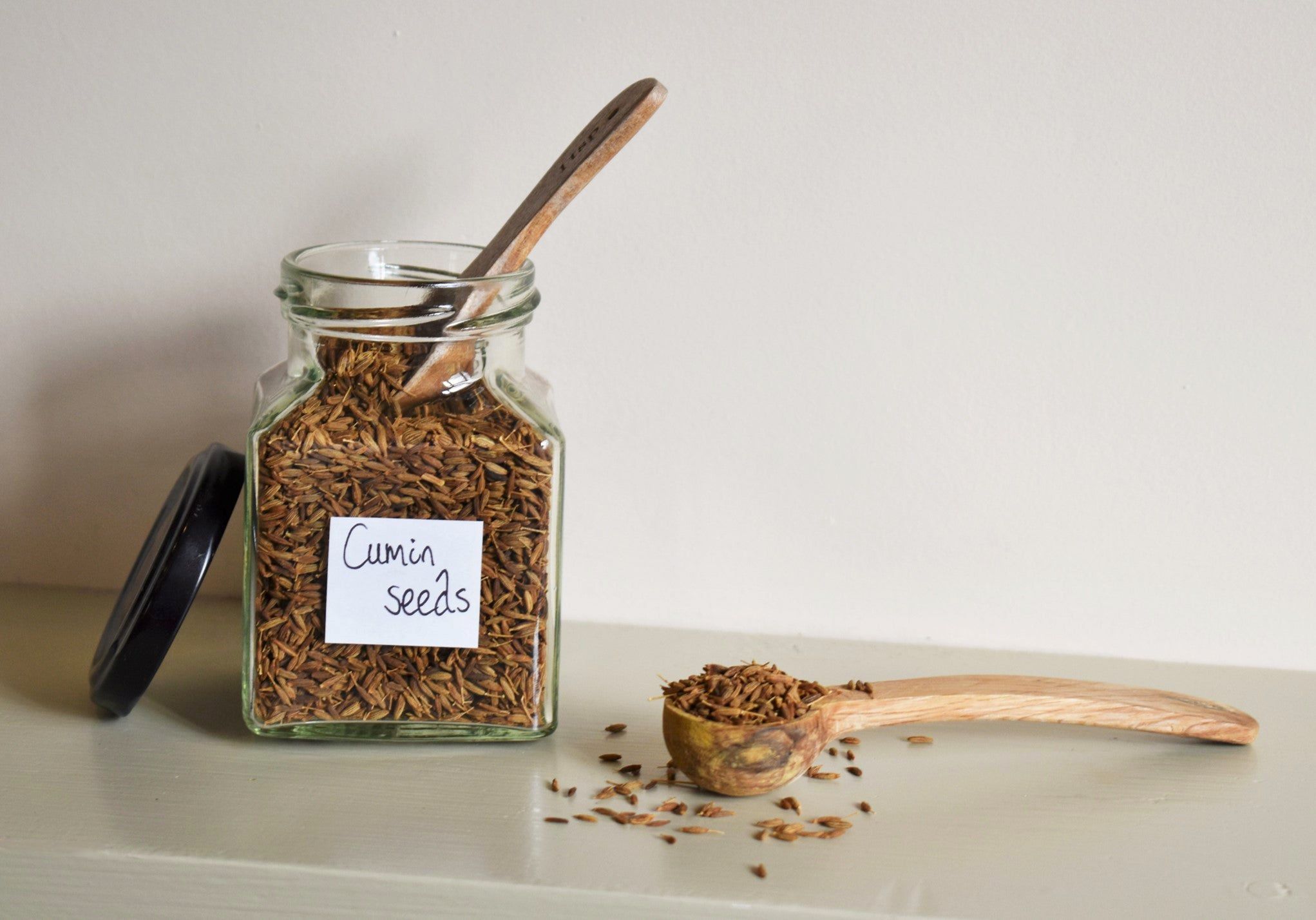
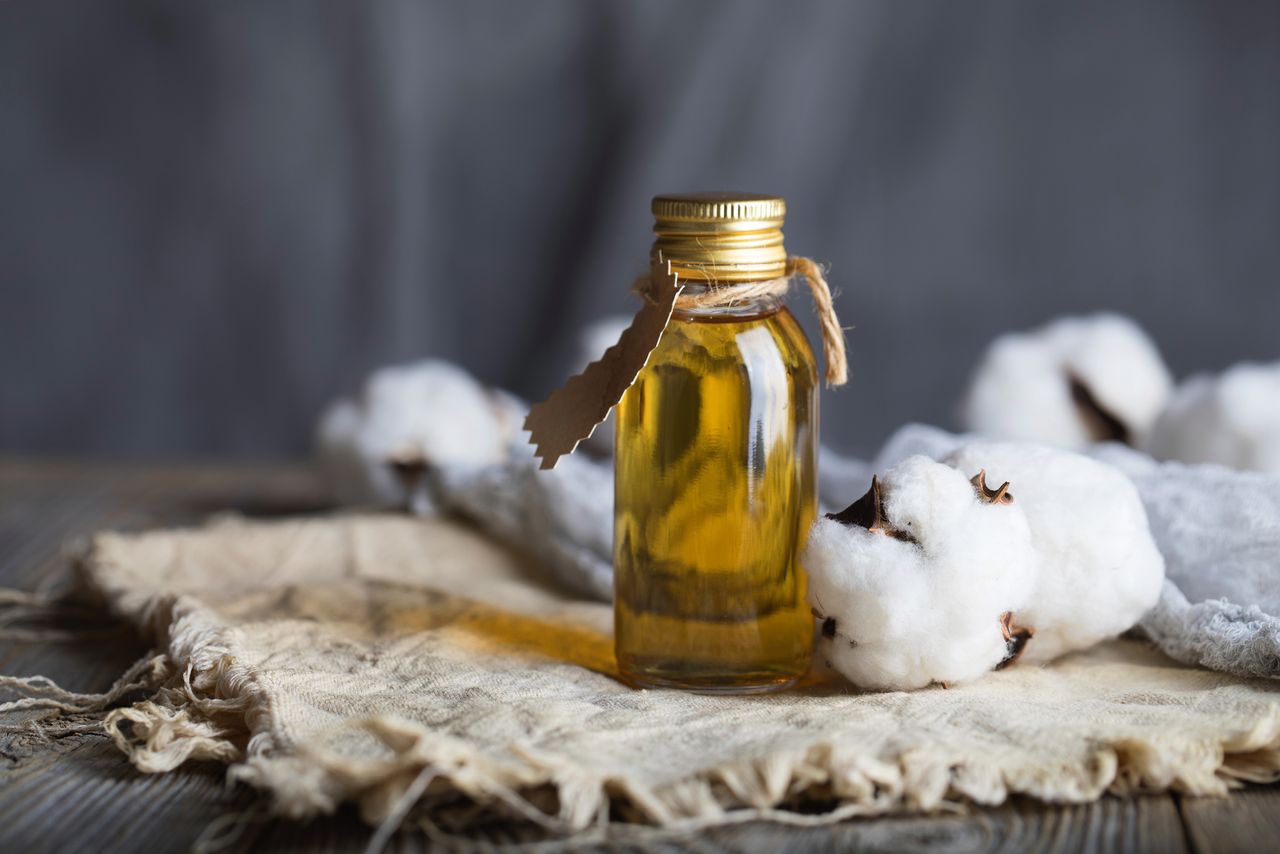

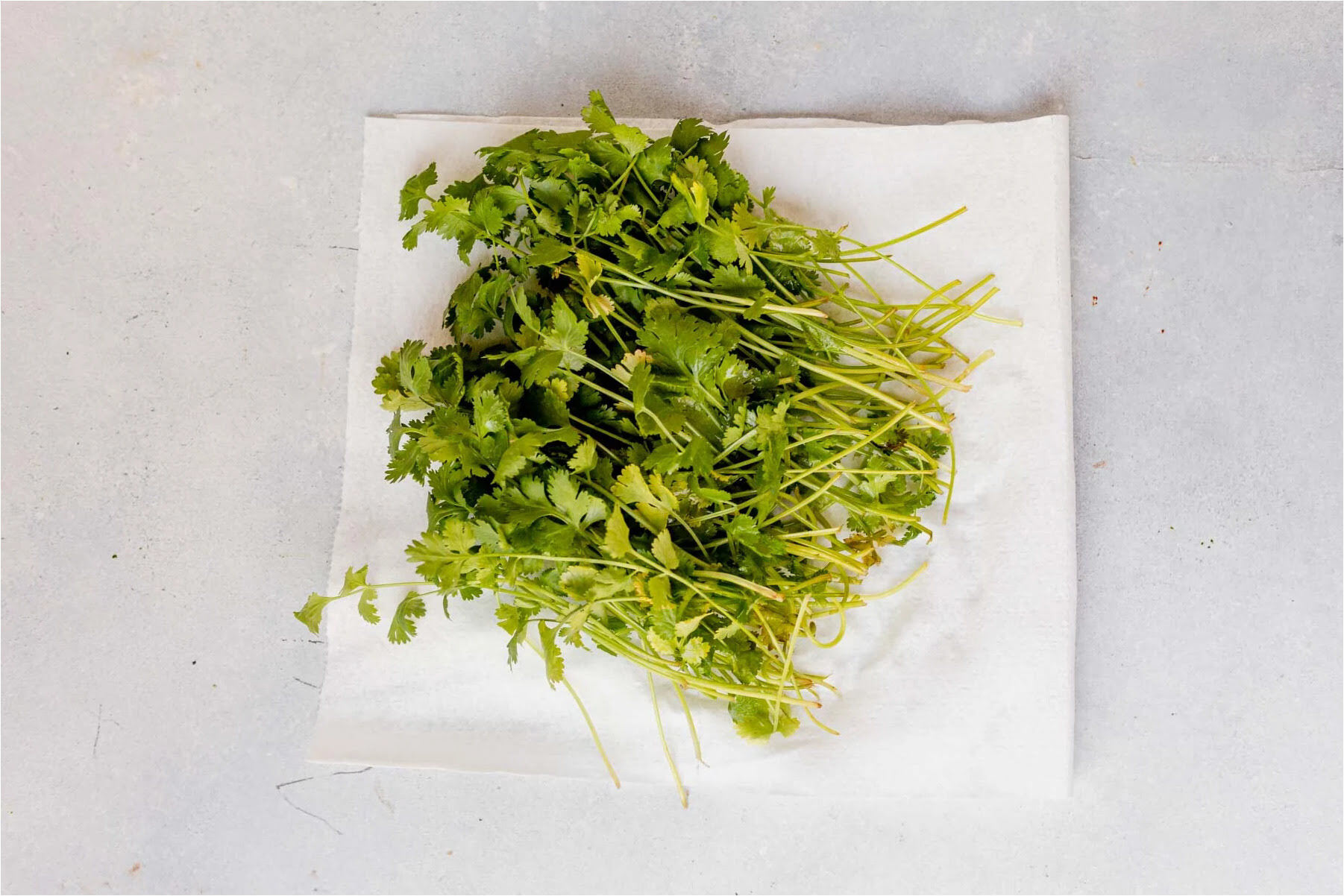
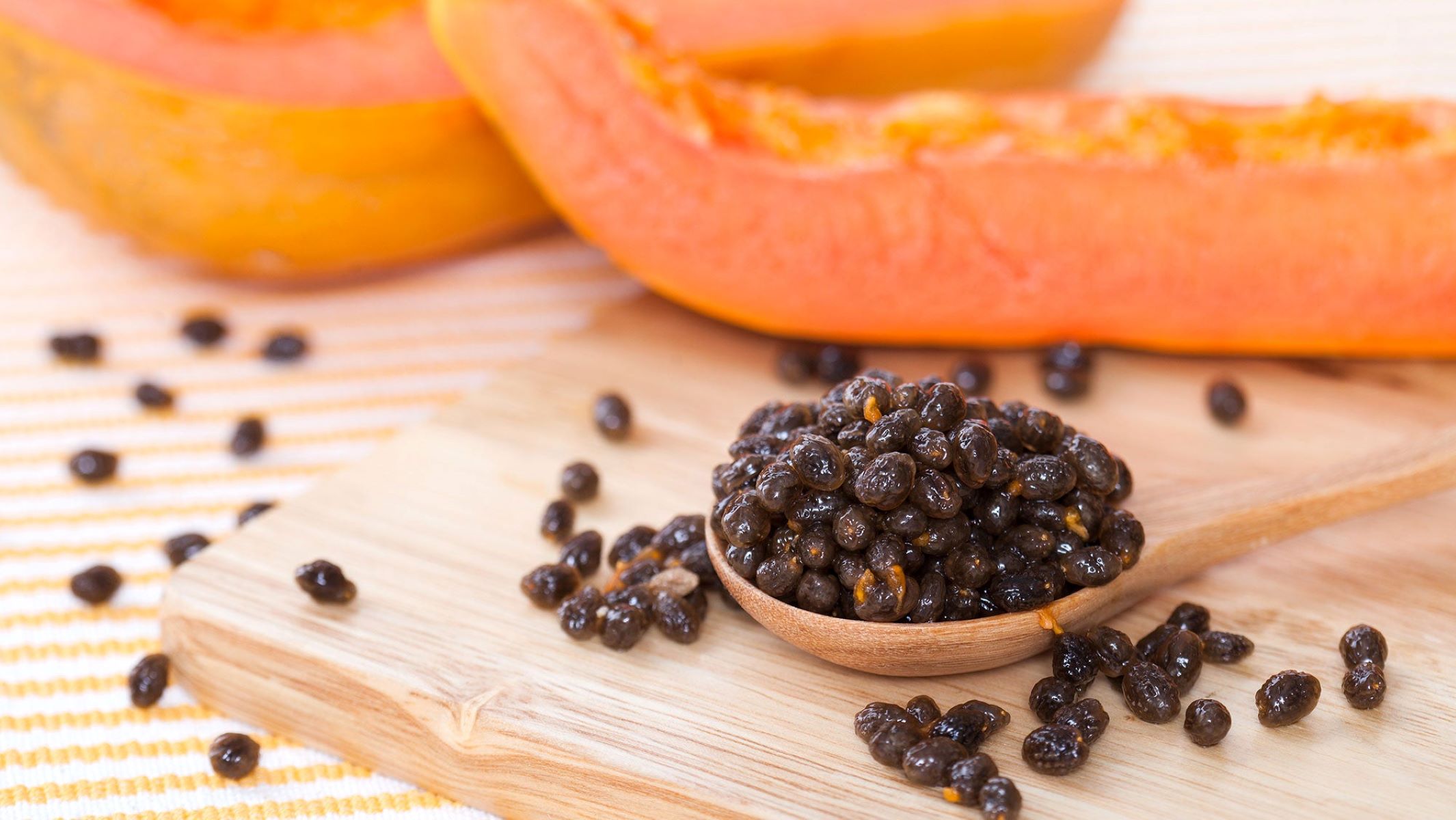
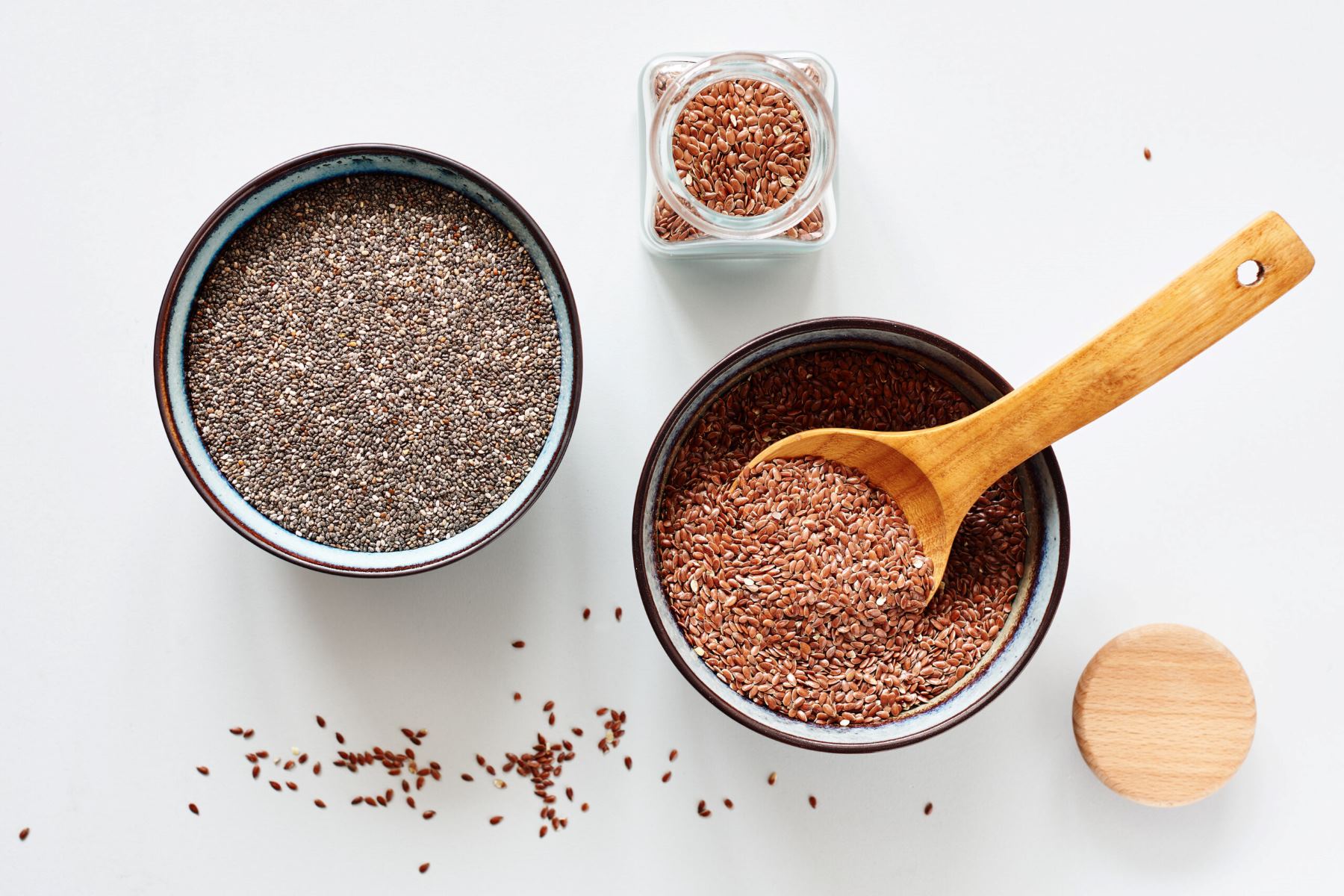
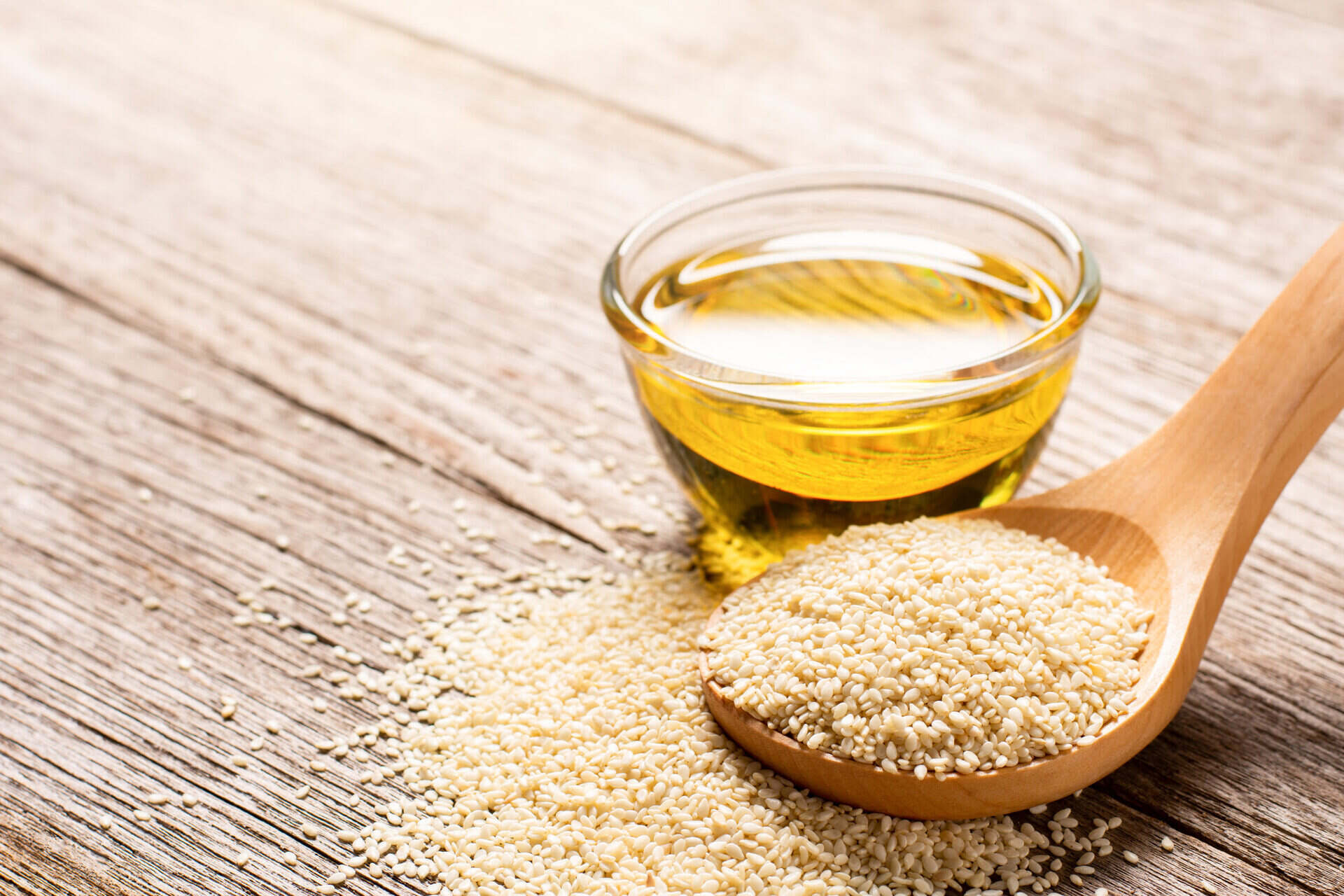
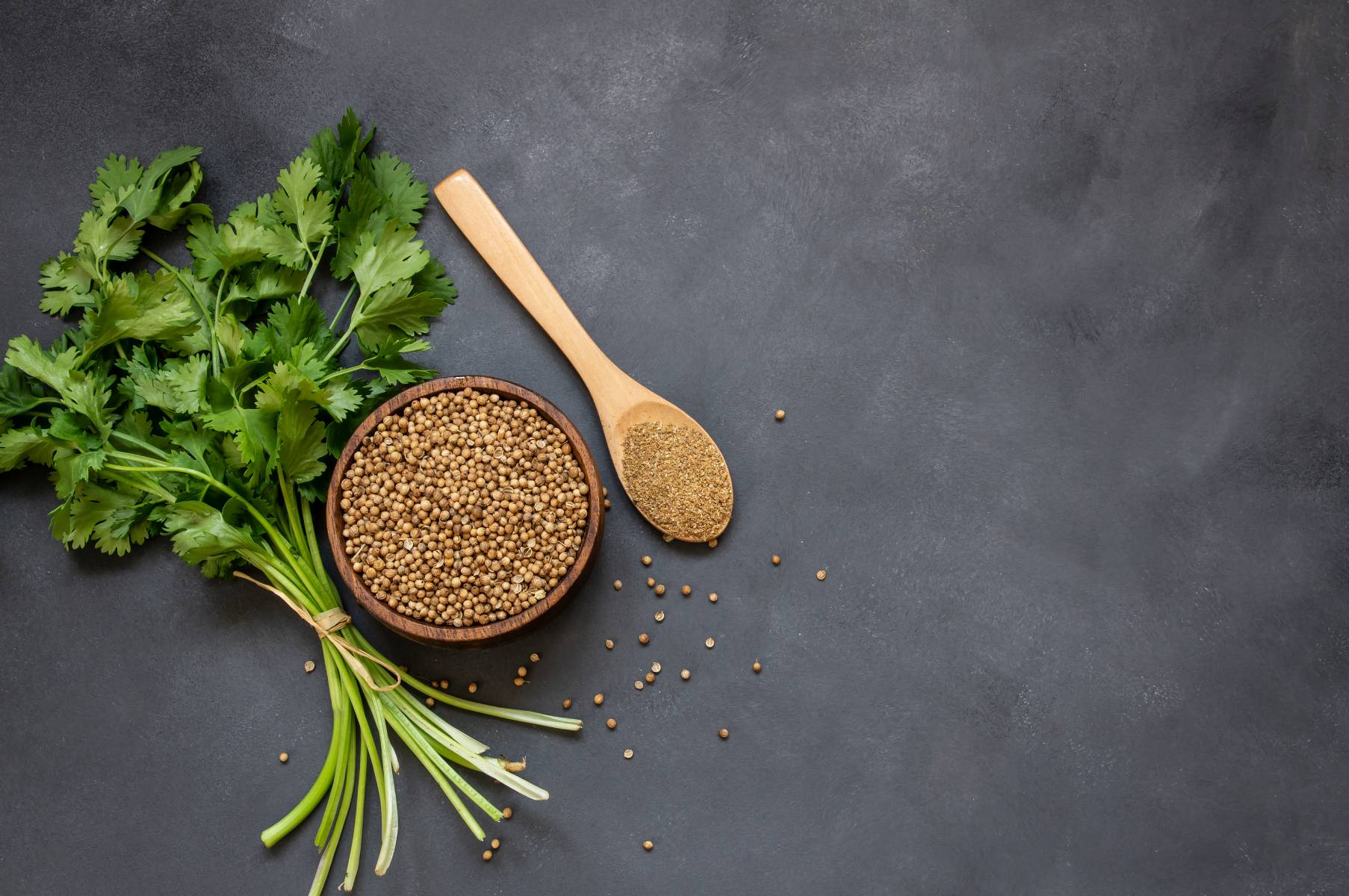
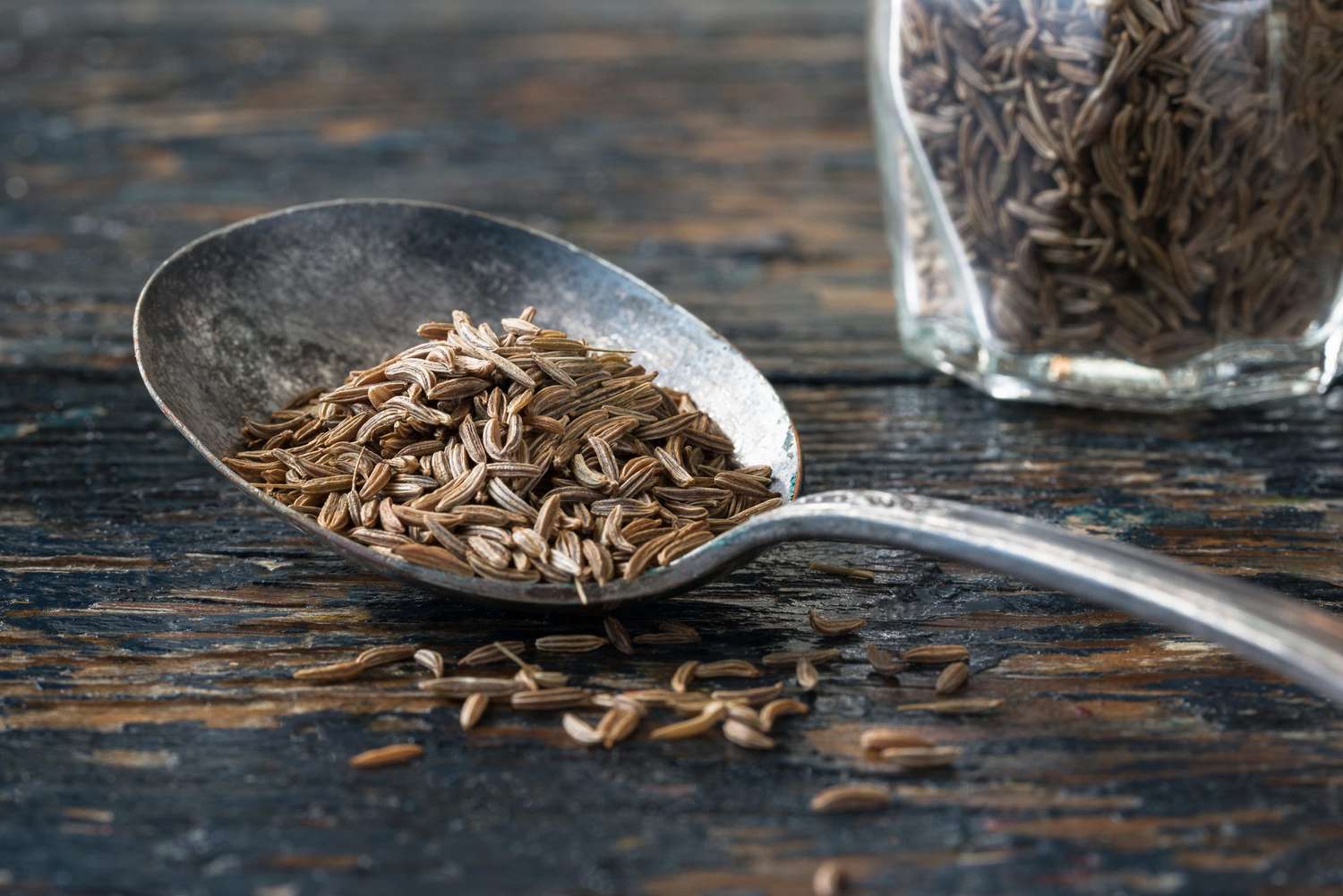
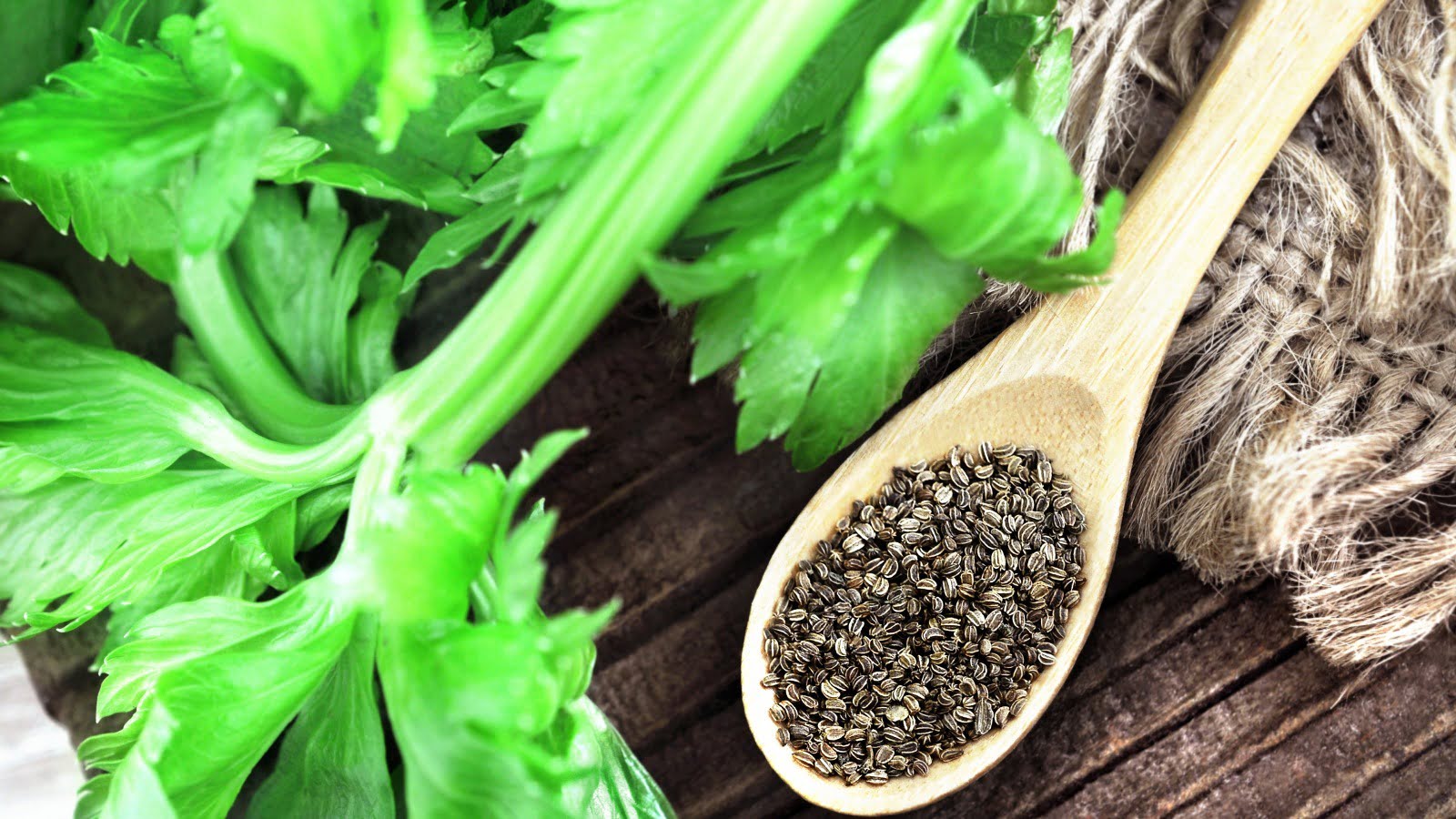


0 thoughts on “What To Use Coriander Seeds For”